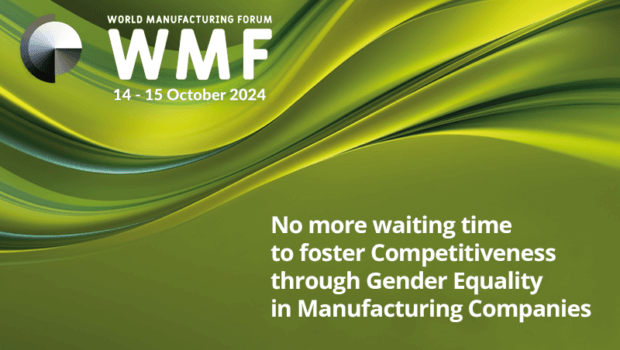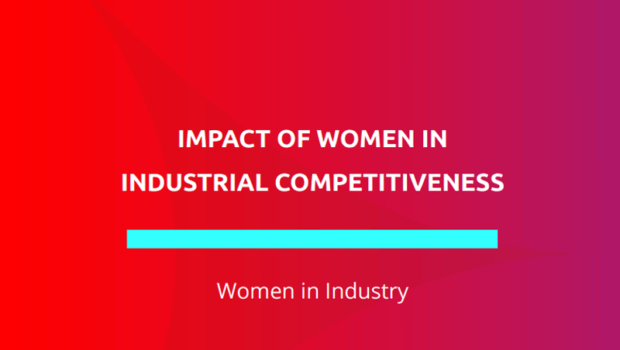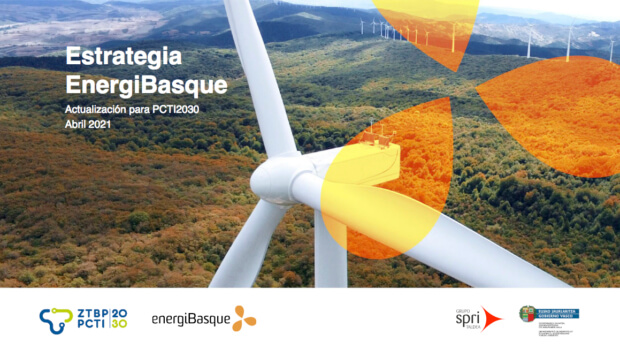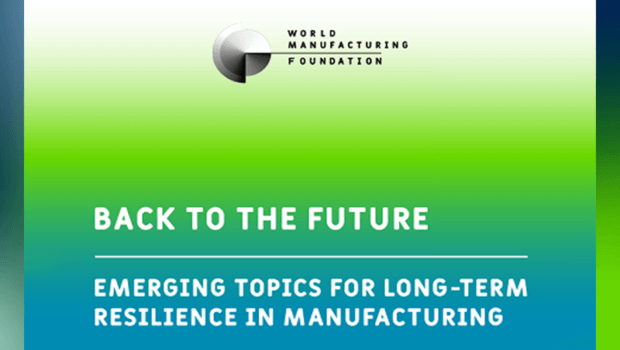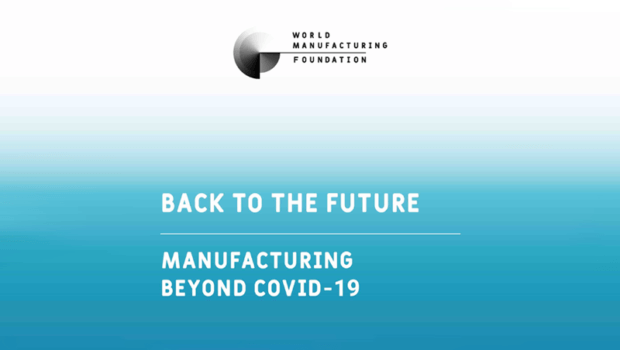A Guide to Opening and Sharing Data in the Business Environment
-
According to the European Commission, the direct market for open data will generate approximately 325,000 million euros in the period 2016-2020, as well as 100,000 jobs
The Guide to Opening and Sharing Data in the Business Environment collects basics, recommendations and best practices to enhance the re-use of data in the private sector. Its objective is twofold: firstly, to explain the opportunities that opening up or sharing data offers to companies; and secondly, to help organisations wanting to embark on a process of this type. This guide was written as part of the activities carried out by the Fundación Cotec Working Group on Open Data, which was launched in September 2018 and coordinated by Cristina Oyón and Amaia Martínez from SPRI’s Strategic Initiatives Department.
The following institutions have participated in this group: the Economic Development Agency of La Rioja (ADER, Agencia de Desarrollo Económico de la Rioja), Alianza 4 Universidades, Banco Santander, Bankia, BBVA, Clarke Modet, the Department of Employment, Business and Trade of the Andalusian Regional Government, Ecoembalajes España (Ecoembes), the Vodafone Foundation, F. Iniciativas, Indra, the Valencian Institute of Business Competitiveness (IVACE, Instituto Valenciano de Competitividad Empresarial), Orange, Primafrío, Suez Advanced Solutions España, Tecnalia and Telefónica.
Although Spain starts from a leading position in the public sector at a European level, the re-use of open data still does not fully translate into the generation of business, as stated in the report La Reutilización de Datos Abiertos en España (The Re-use of Open Data in Spain), in which Cotec collaborated.

